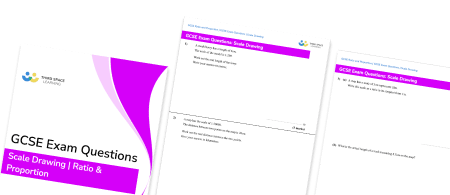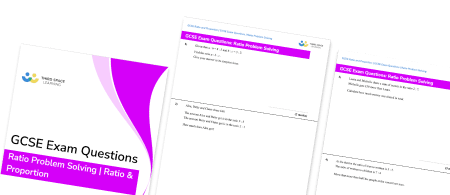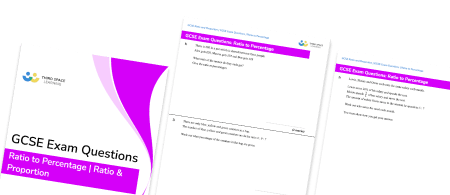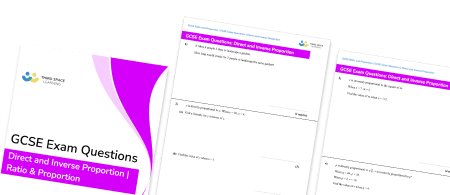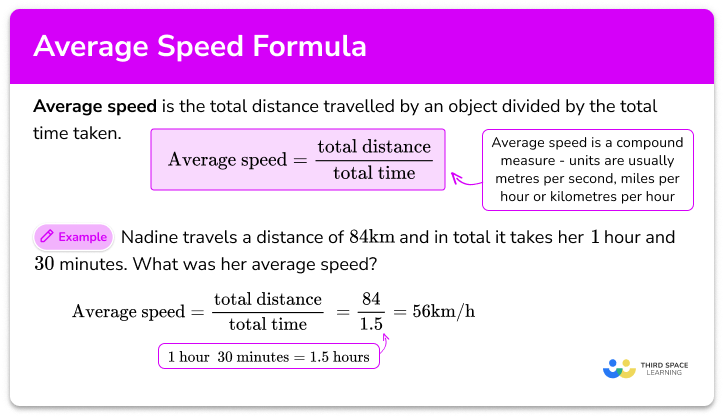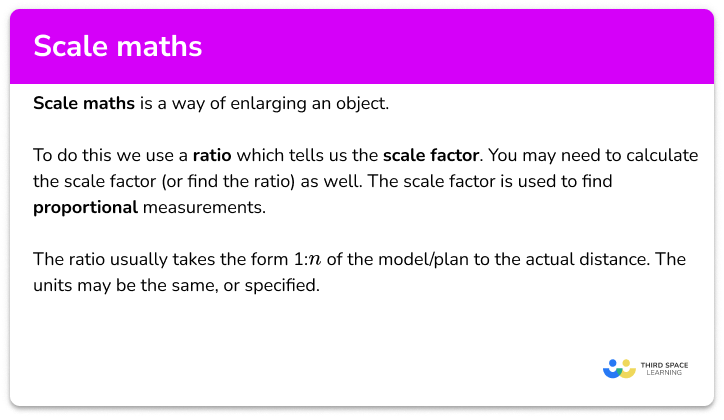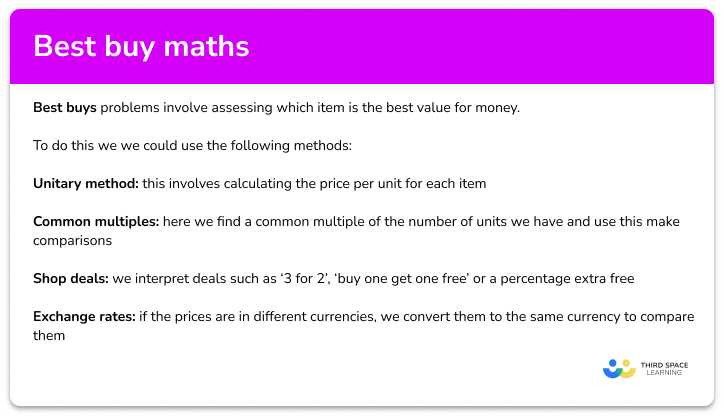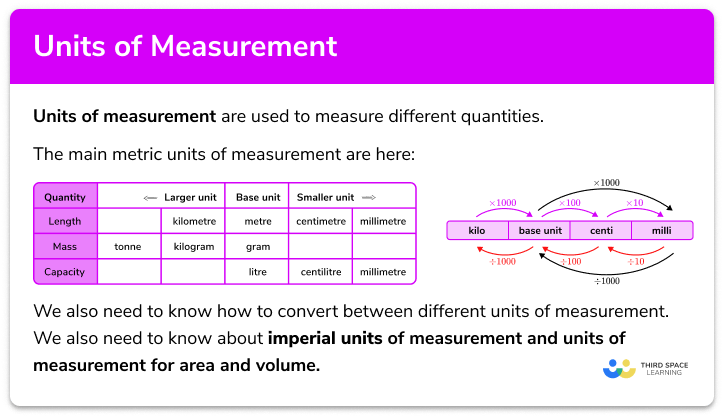FREE DOWNLOAD
Time Unit Conversion Worksheet

Help your students prepare for their Maths GCSE with this free worksheet of 34 questions and answers on time unit conversion
- Section 1 of the time unit conversion worksheet contains 27 skills-based time unit conversion questions, in 3 groups to support differentiation
- Section 2 of the time worksheet contains 3 applied time unit conversion questions with a mix of time word problems and deeper problem solving questions
- Section 3 contains 4 foundation and higher level GCSE exam style time unit conversion questions
- An answer key and a mark scheme for all time unit conversion questions are provided
- Questions follow variation theory with plenty of opportunities for students to work independently at their own level
- All questions created by fully qualified expert secondary maths teachers
- Suitable for GCSE maths revision for AQA, OCR and Edexcel exam boards
Time unit conversion at a glance
Time unit conversion involves converting between different units of time. It is important to remember that, unlike the metric system, time does not work in powers of 10 .
The time conversion rates are:
- 60 seconds = 1 minute
- 60 minutes = 1 hour
- 24 hours = 1 day
- 7 days = 1 week
- 365 days = 1 year
Converting to smaller or larger units can make a measurement of time easier to understand. For example, 14400 seconds is much easier to understand when it is converted to 4 hours.
Mistakes can often be made when converting hours to minutes and converting minutes to seconds or vice versa.
To convert hours to minutes we must multiply by 60 , for example 1.5 hours = 1.5 times 60 = 90 minutes. To convert hours to minutes, we must divide by 60 , for example 75 minutes = 1.25 hours = 1 hour 15 minutes. Notice here that 0.25 hours is 15 minutes (a quarter of an hour) not 25 minutes as 60 times 0.25 = 15 .
In order to solve problems involving time unit conversion, students should be confident in telling time and the 24 hour clock.
Looking forward, students can then progress to additional conversion worksheets and other ratio and proportion worksheets, for example a ratio worksheet or a simplifying and equivalent ratios worksheet.

For more teaching and learning support on Ratio and Proportion our GCSE maths lessons provide step by step support for all GCSE maths concepts.
Do you have students who need additional support?

With Third Space Learning's secondary maths tutoring programmes, students in Year 7-11 receive regular one to one maths tutoring to address gaps, build confidence and boost progress.
"My confidence in the tutoring is high. We've had some phenomenal results. I even had one girl get a Grade 8 this year; she came to every tutoring session."
Stacey Atkins, Maths Director, Outwood Grange Academies Trust

